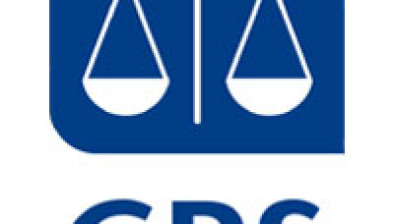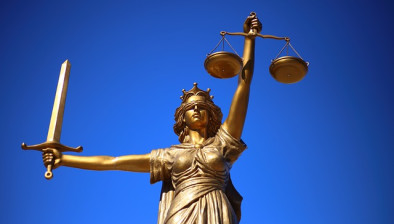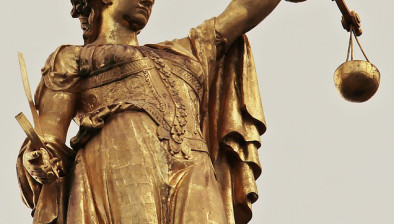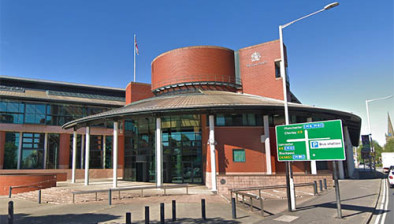Trial of three men over aftermath of Hillsborough disaster collapses
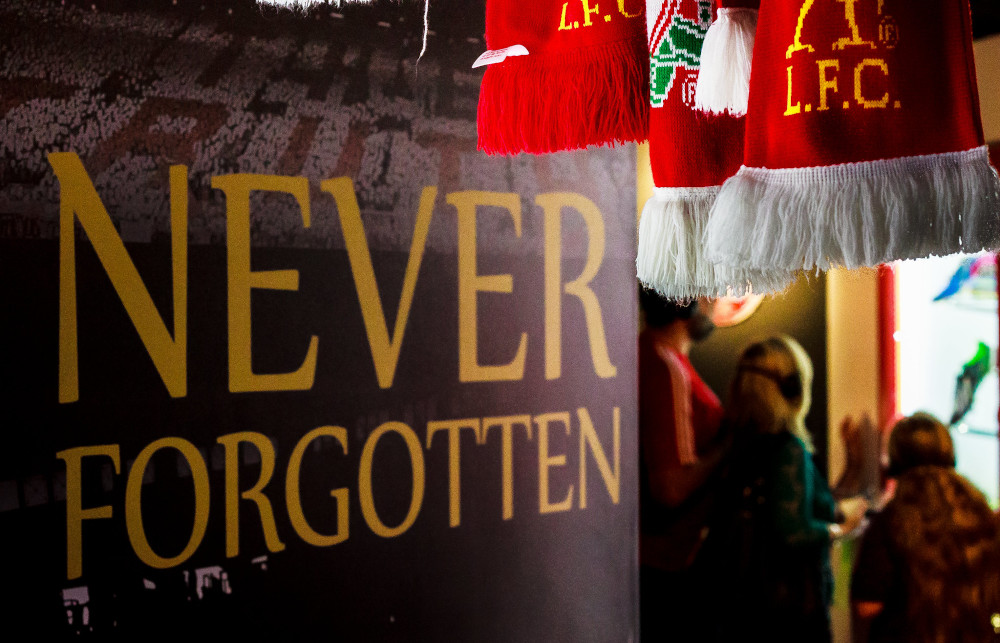
Credit: Edmund N Gall, CC BY-SA 4.0
The trial of a former police solicitor and two former police officers in relation to the 1989 Hillsborough disaster, in which 96 football fans were unlawfully killed, has collapsed.
The three men were accused of perverting the course of justice in relation to their actions following the disaster, including allegations they edited witness statements to cover up police failings in the 1989 inquiry overseen by Lord Justice Taylor.
However, Mr Justice William Davis, sitting in a Nightingale court in Manchester, ruled that the Taylor Inquiry was not a statutory public inquiry so did not represent a “course of public justice” that could be perverted.
The Crown Prosecution Service (CPS) did not appeal the ruling and the court subsequently found there was no case for solicitor Peter Metcalf, former chief superintendent Donald Denton and former detective chief inspector Alan Foster to answer.
The collapse of the trial follows the acquittal of Hillsborough match commander David Duckenfield on charges of gross negligence manslaughter in 2019.
The prosecution of the three men was launched following an investigation by the Independent Office for Police Conduct (IOPC) and was expected to last up to 16 weeks.
A two-year inquest concluded in 2016 that the fans were unlawfully killed, but nobody has been successfully prosecuted for their role in the deaths.
Sue Hemming, director of legal services at the CPS, said: “This is the first time that people have appeared in court for actions following the disaster. It has been a complex case looking at evidence from three decades ago and whether the defendants deliberately changed police statements in order to mislead future inquiries.
“It is crucial that we presented the evidence gathered by the IOPC investigation teams to a court and we have worked tirelessly to prepare the case for the jury to understand this evidence and any implications resulting from the amended statements.
“After long and incredibly careful consideration, especially for the families involved, we decided not to appeal the ruling. The CPS was right to bring this case and for a court to hear the evidence of what happened in the aftermath of the Hillsborough disaster.”
She added: “What has been heard here in this court will have been surprising to many. That a publicly funded authority can lawfully withhold information from a public inquiry charged with finding out why 96 people died at a football match, in order to ensure that it never happened again – or that a solicitor can advise such a withholding, without sanction of any sort, may be a matter which should be subject to scrutiny.
“Throughout, we have kept in regular contact with bereaved families and I fully appreciate how disappointing this outcome will be for them. As we have done at each stage of our work, we will meet with them again to answer any questions they may have.”






